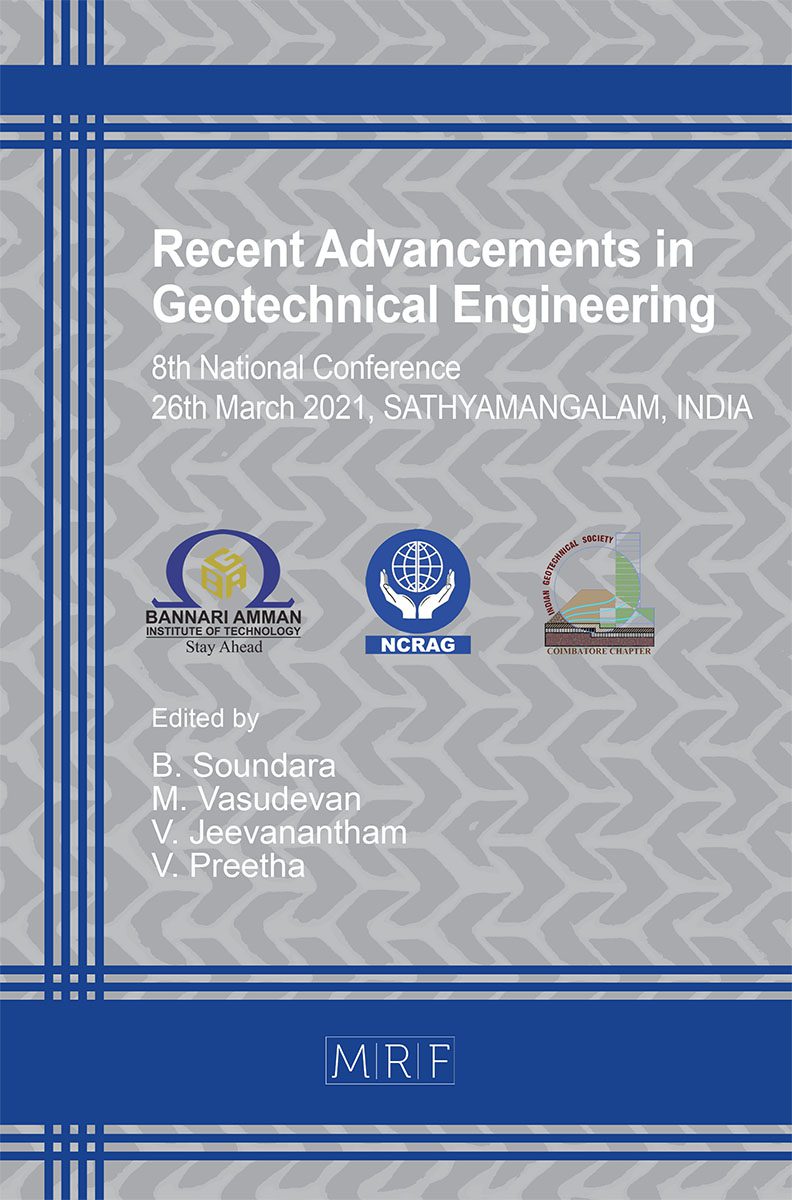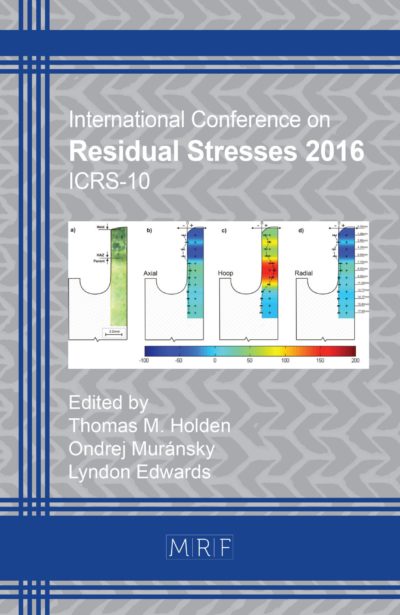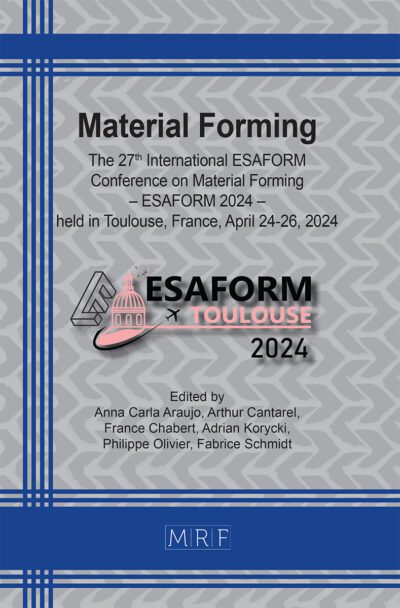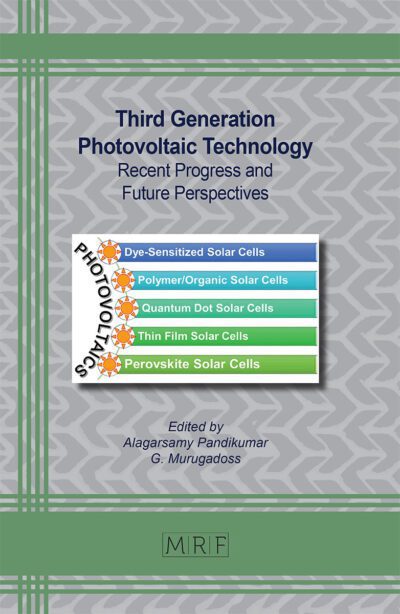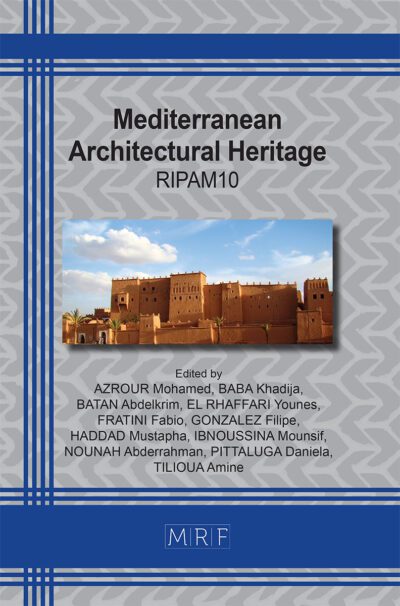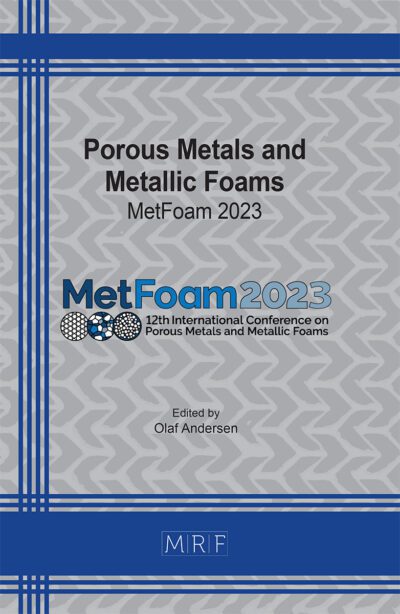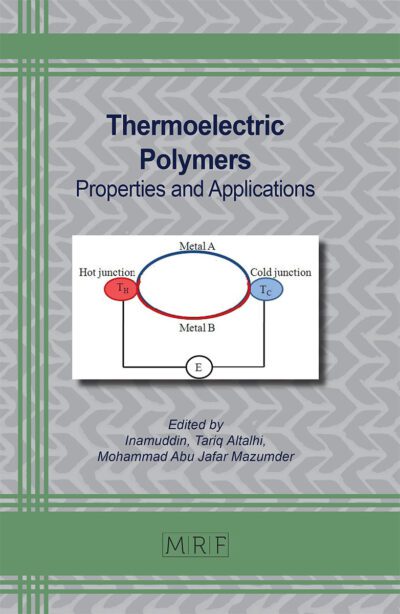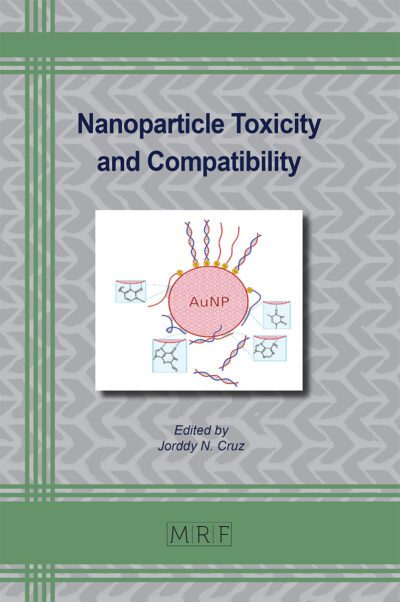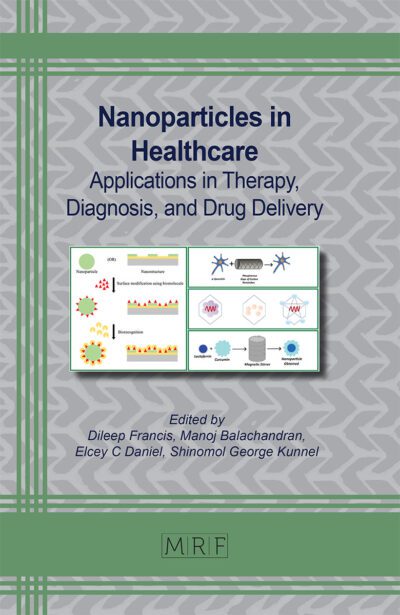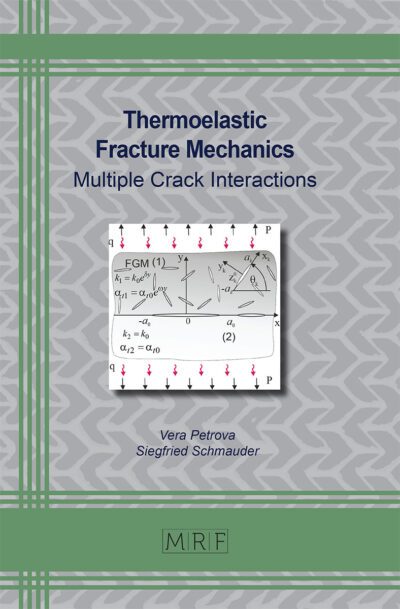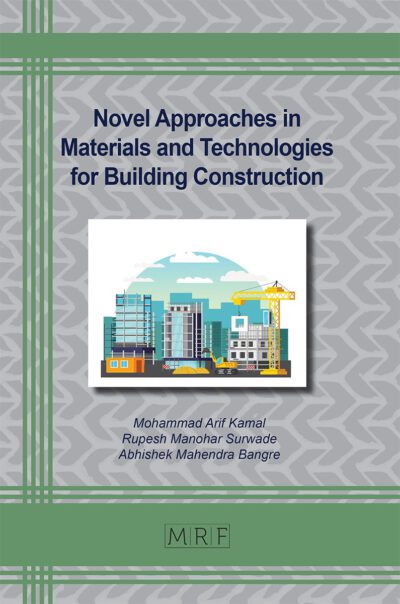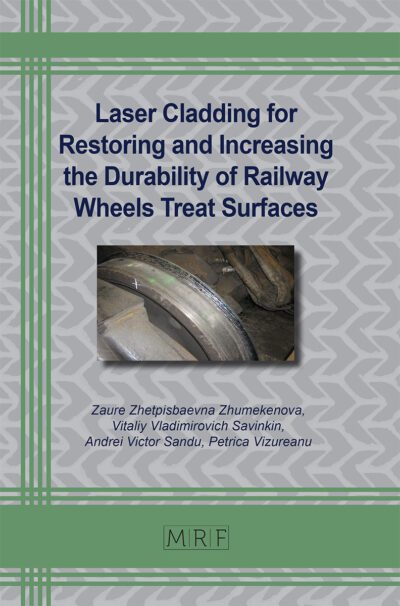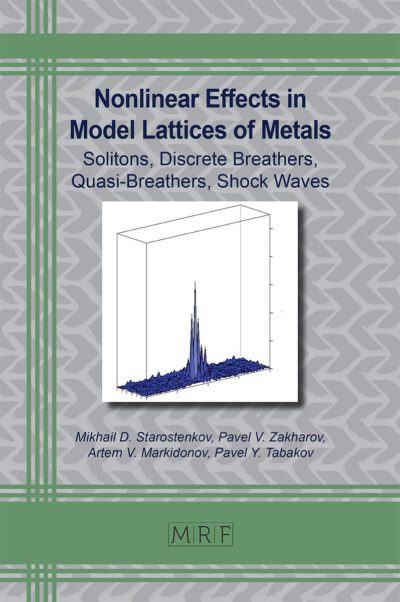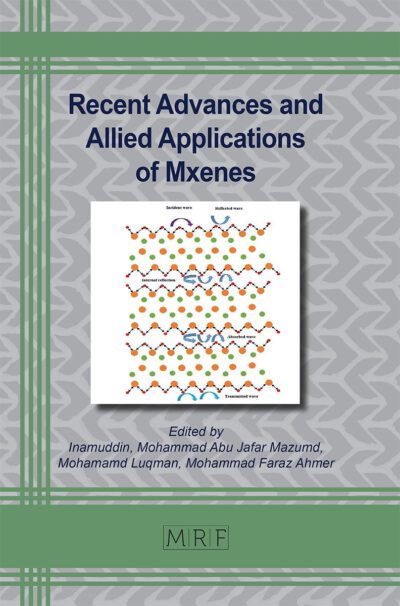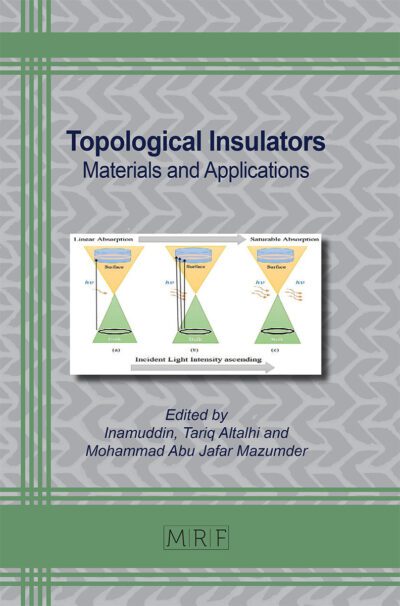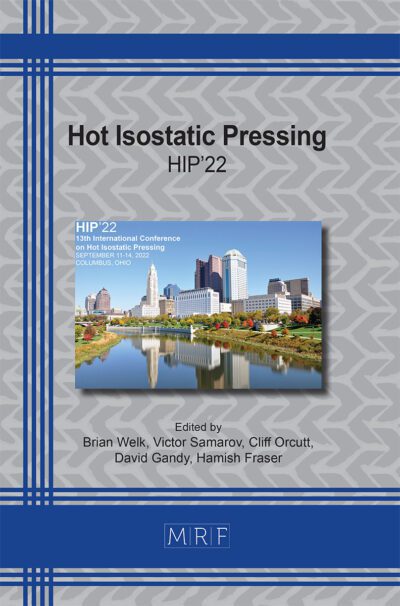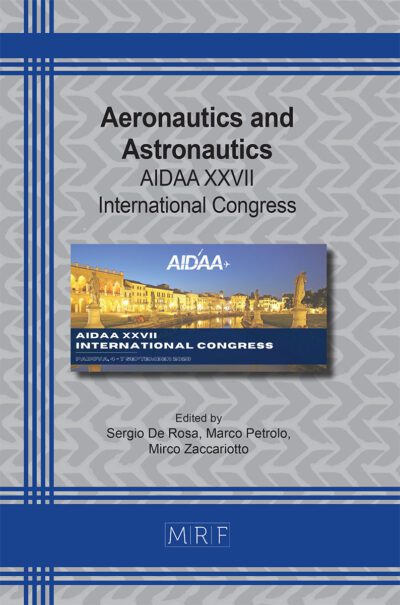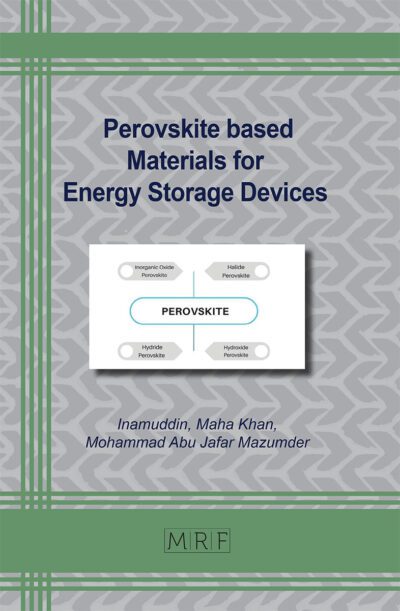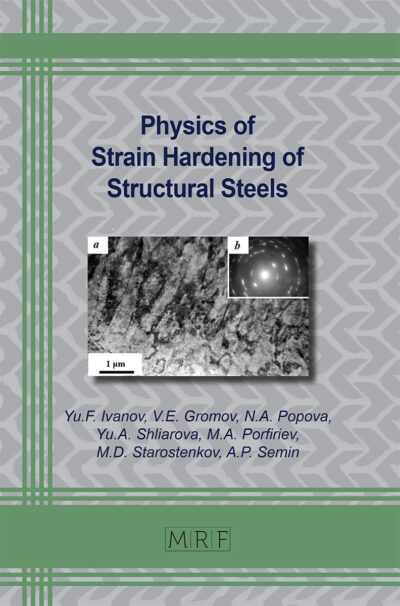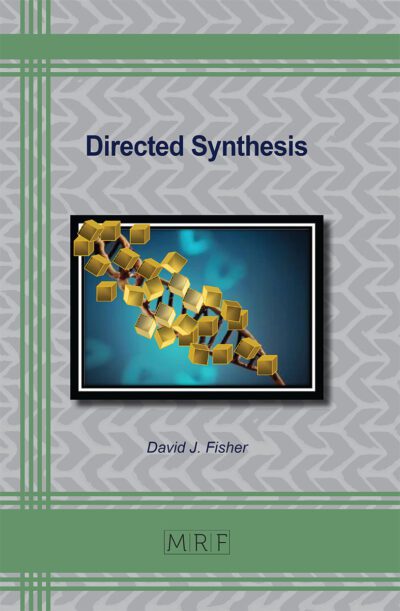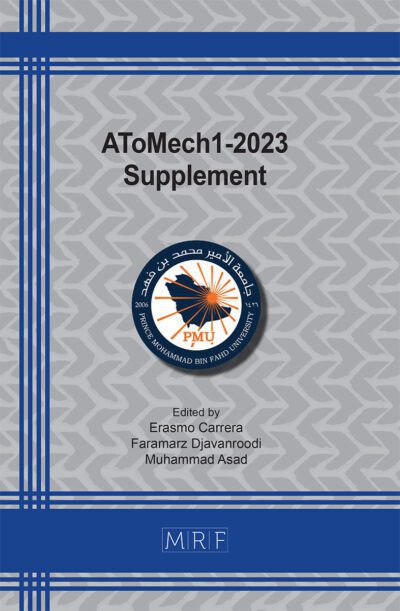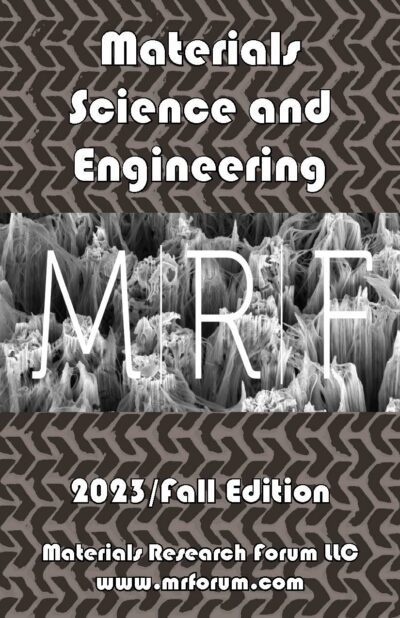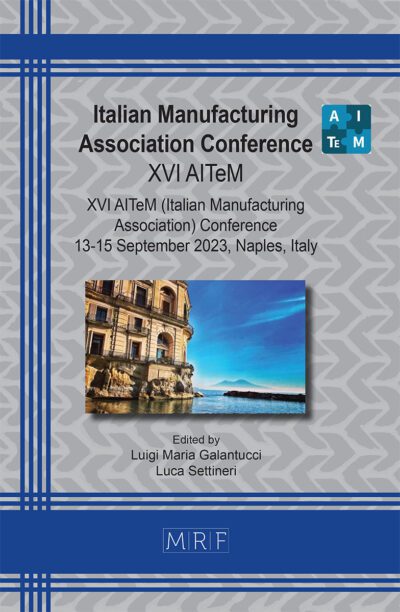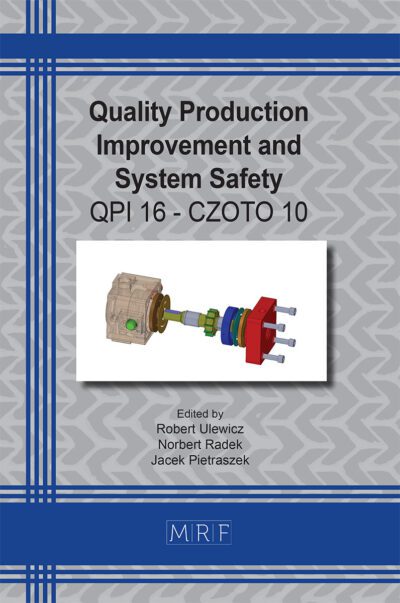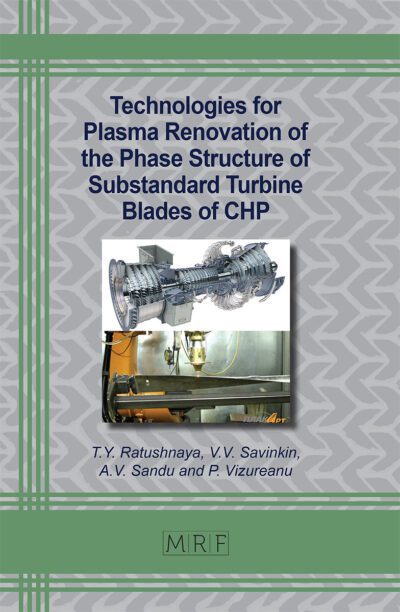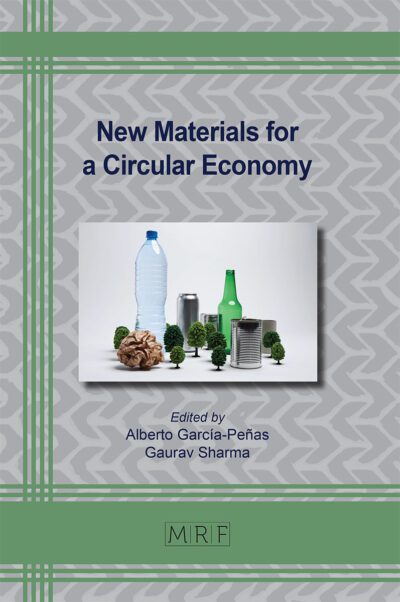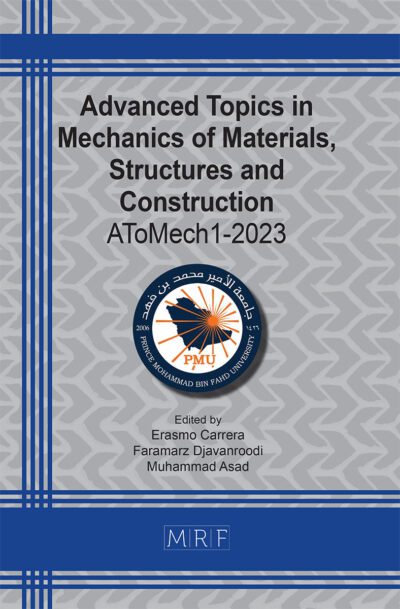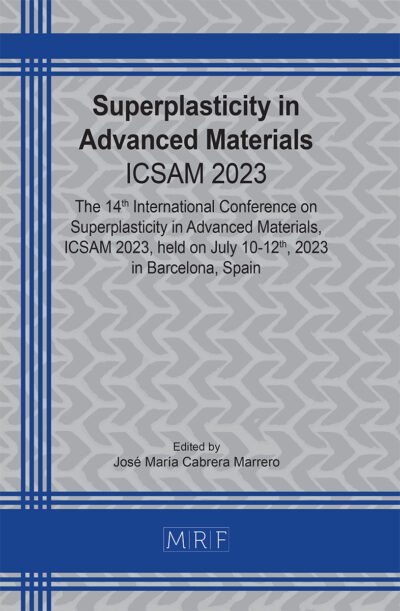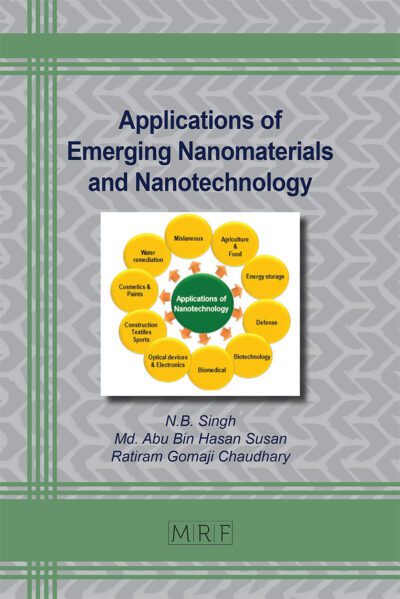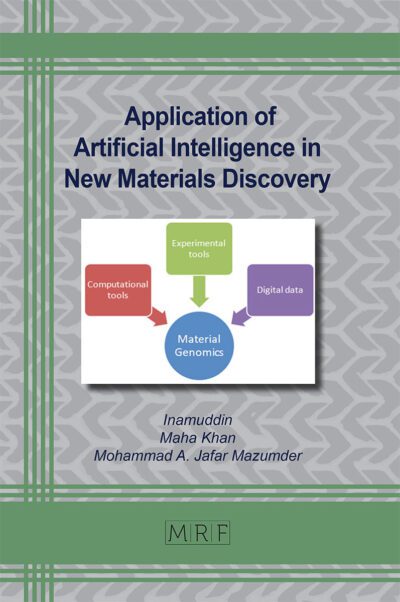Basic Experimental Studies on Coconut Shell Charcoal Ash in Modified Bitumen
S. Suchithra, S. Madhankumar, M. GowshicPrasanna, V. Nandhakumar, S. Jayashree
download PDFAbstract. For reducing the cost in bitumen roads and also increasing the efficiency of bituminuous roads, varieties of materials are used for improving the road by using coconut shell charcoal ash as fillers in the flexible pavement. In the literature work, the main descriptive of the work is to compare the results with different percentages of coconut shell charcoal ash in bitumen. The Properties of the coconut shell charcoal possesses are resistance to breaking the materials, absorbing the heat, moisture content of surface, grading, heating and synthetic resin glues which is important for pavement of bitumen roads. Therefore, its stability of Marshall stability test and flow value in Marshall stability and air void ratio are obtained. So that it can be compared with different modified percentage as 4.5%, 5%, 5.5% and 6% in test on Bitumen. From this test we can establish so that it can be useful as a substitute as a coconut shell charcoal ash for improving the strength, quality and durability of bitumnious road. For carrying out these experiments, Marshall stability test is used for obtaining better results for normal mix and modified mix for the bitumen.
Keywords
Bitumen, Aggregate, Coconut Shell Charcoal, Filler, Marshall Test
Published online 8/15/2021, 10 pages
Copyright © 2021 by the author(s)
Published under license by Materials Research Forum LLC., Millersville PA, USA
Citation: S. Suchithra, S. Madhankumar, M. GowshicPrasanna, V. Nandhakumar, S. Jayashree, Basic Experimental Studies on Coconut Shell Charcoal Ash in Modified Bitumen, Materials Research Proceedings, Vol. 19, pp 123-132, 2021
DOI: https://doi.org/10.21741/9781644901618-16
The article was published as article 16 of the book Recent Advancements in Geotechnical Engineering
![]() Content from this work may be used under the terms of the Creative Commons Attribution 3.0 licence. Any further distribution of this work must maintain attribution to the author(s) and the title of the work, journal citation and DOI.
Content from this work may be used under the terms of the Creative Commons Attribution 3.0 licence. Any further distribution of this work must maintain attribution to the author(s) and the title of the work, journal citation and DOI.
References
[1] M. Mohan, K.M. Hussaina, I. Easa, M.K. Faisal, M.A.K. A, Bitumen Modification Using Crumb Rubber and Partial Replacement of Fine Aggregates Using Coconut Shell, Int. J. Innovative Research. Managem. Eng. Technol. 4 (2019).
[2] R.P. Jaya, M.R. Hainin, K.A. Masri, Performance of Charcoal Coconut Shell Ash in the Asphalt Mixture under Long Term Aging, Int. J. Recent Technol. Eng. 8 (2019) 383–387. https://doi.org/10.35940/ijrte.C1010.1183S319
[3] S. Dung Dung, Assessment of the Suitability of Coconut Shell Charcoal As Filler in Stone Matrix Asphalt, (2014).
[4] S.K. Dr.Khanna, C.E.. Dr.Justo, A. Dr.Veeraragavan, Highway Engineering, 2015.
[5] IS 2386- Part III, Method of Test for aggregate for concrete. Part III- Specific gravity, density, voids, absorption and bulking, Bur. Indian Stand. New Delhi. (1963) (Reaffirmed 2002).
[6] M. Kisan, S.Sangathan, J. Nehru, S.G. Pitroda, मानक, (1979).
[7] M. Kisan, S. Sangathan, J. Nehru, S.G. Pitroda, मानक, (1982).
[8] Bureau of Indian Standards (BIS), Concrete Mix Proportioning- Guidelines, Bur. Indian Stand. Second Rev (2019) 1–40. https://doi.org/10.1201/9780429285196-1
[9] IS: 1201-1220, Indian standard methods for testing tar and bituminous materials., Bur. Indian Stand. (1978) 1st Revision.

